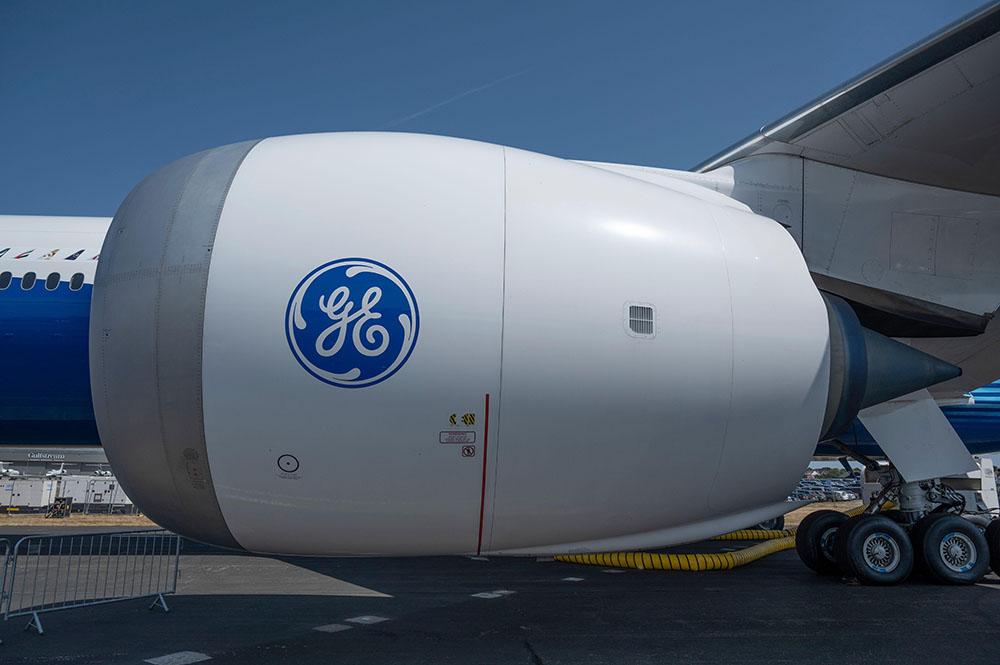
Bigger work scopes and more time-and-materials work as older engines come in for third shop visits have driven strong aftermarket sales for GE Aerospace, which expects similar or better performance for another two years.
Having previously predicted peak shop visits next year, the trend to operate older aircraft for longer means “we do expect that shop visits will probably plateau at that [20]25 level for maybe another couple of years and then start declining,” said GE Aerospace CFO Rahul Ghai in a recent earnings call.
Second-quarter operating profit growth of 21% for the company’s commercial engines and services (CES) division was driven by a 14% rise in services revenue to $4.7 billion.
CEO Larry Culp described the trend for CFM56 engines to reach third shop visits with significant work scopes as “one of the important underlying dynamics here, not only in the quarter but as we think about the second half and even the next few years.”
For the full year, GE Aerospace is now projecting a CES operating profit of up to $6.5 billion, which would be 16% higher than in 2023.
“The shop visits skewed toward time and material work, and then the work scopes were heavier as well,” said Ghai. “That helped both revenue and the profit on those shop visits.”
Behind these trends lie the ongoing supply chain problems that are inhibiting the ramp-up of newer aircraft and engines.
GE Aerospace said that 80% of materials shortages could be traced to 15 sites spread across nine suppliers, although it has seen improvement, with nine of those sites almost doubling their output from the first to the second quarter of the year.
Nonetheless, weak engine deliveries during the quarter resulted in an 11% fall in equipment revenue, causing analysts to ask when GE might hope to clear its remaining supplier bottlenecks, with one saying he was “basically trying to understand if we're down to the investment casting and forging suppliers at this point or if it's a broader side of bottlenecks.”
“I think the common denominator is, frankly, we all need to do better, and we need to be more collaborative and fully in problem-solving mode,” answered Culp.





